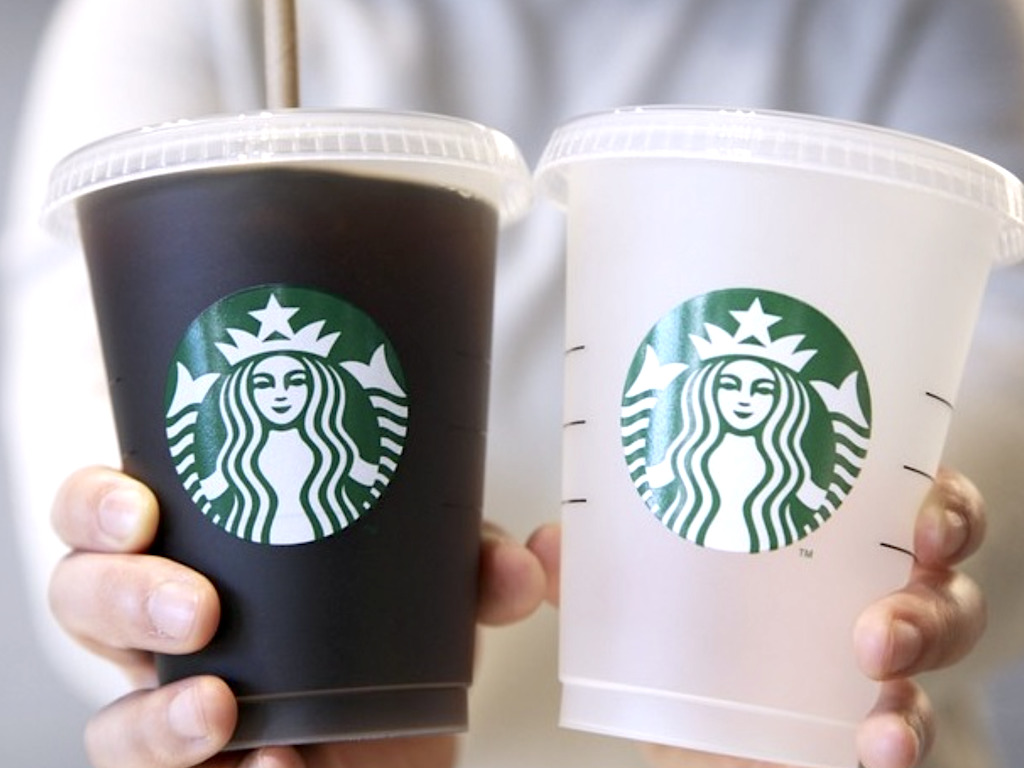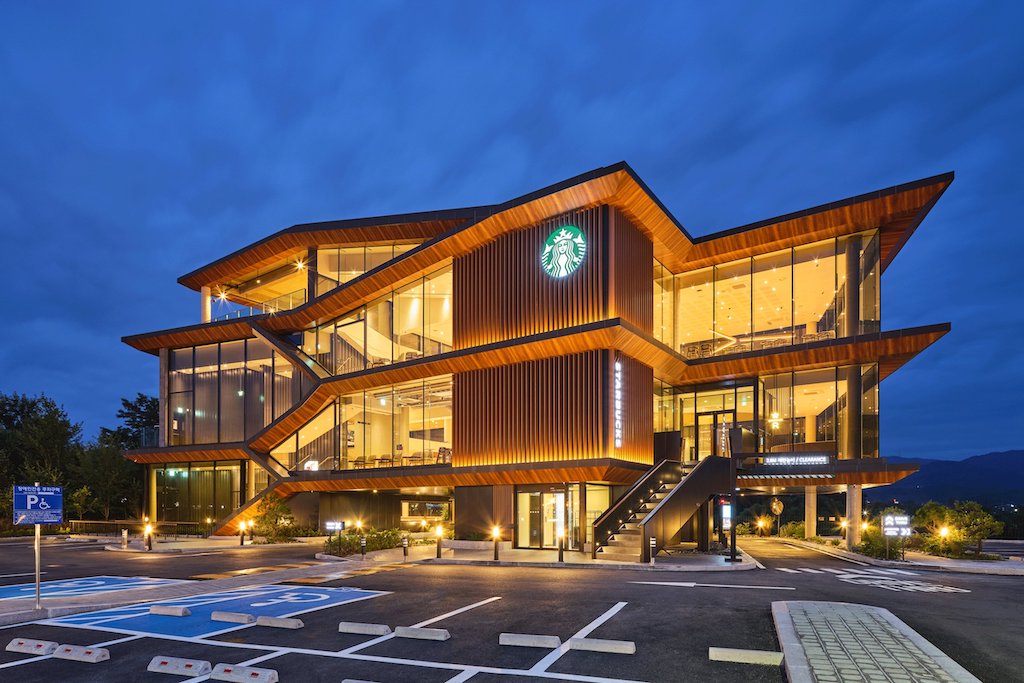4 Mins Read
Starbucks has pledged to reduce its carbon footprint by 30% and eliminate all single-use cups by 2025 in its South Korea operations, as part of the firm’s global “resource positive” push. The coffee giant says that part of the strategy will include expanding its plant-based offerings and use of local ingredients. Separately, the chain will also aim to boost employment opportunities in South Korea through a diversity-focused approach, a spokesperson has told Green Queen Media.
Starbucks Coffee Korea has revealed its bold new sustainability and social impact plan, announcing on Tuesday (April 6) that it will slash its carbon emissions by 30% and ditch single-use cups across all 1,500 stores in the country by mid-decade. The South Korean market represents the fifth largest market for the Seattle-headquartered coffee behemoth globally and the biggest in Asia-Pacific, and is operated as a joint venture with South Korean retail conglomerate Shinsegae Group.
The latest push is aligned with Starbucks’ global commitment to become “resource positive” through a number of company-wide targets to begin storing more carbon than it emits, slashing packaging and water waste, as well as launch more climate-friendly plant-based offerings.
“Since announcing our global aspiration to become resource positive, we continue to explore new ways to reduce our environmental impact across the Asia Pacific region,” said Sara Trilling, president of Starbucks Asia-Pacific.
“We are excited to leverage the learnings from this initiative to drive meaningful change in our stores and inform future innovation on a regional and global scale.”

To fully discontinue the use of single-use cups across all South Korean stores by 2025, the company says it will begin introducing circular models to promote the adoption of reusables. Starting from this summer, Starbucks will launch a program where customers can scan and place a deposit for a reusable cup in its Jeju locations, before expanding the model nationwide. This aligns with a new pilot program at select locations in the coffee giant’s hometown of Seattle, where the coffee giant is launching a ‘borrow a cup’ program at five city stores that will enable customers to get their drinks in a cup they can return for rewards.
Our goals are ambitious because we believe it is our responsibility to explore innovative ways to bring our communities and business partners together around this shared desire to make a positive impact for the planet.
David Song, CEO, Starbucks Coffee Korea
Other QSR chains that have begun adopting circularity into its operations include McDonald’s, who has partnered with zero-waste platform Loop to pilot a new reusable cup scheme in the U.K. market.
As for its carbon footprint reduction goal, Starbucks says it will expand plant-based menu offerings with five new beverages by the end of 2021, and ten more drinks by mid-decade that will all contain locally-sourced Korean ingredients. It builds on top of the roll out of oat milk in partnership with Swedish food tech Oatly last year, which saw the plant-based milk land across eight key Asian markets, including Hong Kong, Singapore and China.
Globally, Starbucks’ use of dairy products accounts for over a fifth of its total greenhouse gas emissions and a seventh of its water footprint.
New plant-based food menu options include a chocolate fudge cake made with soymilk, a potato bagel made from domestically grown potatoes and organic flour, a Mexican rice burrito featuring plant-based protein and a sweet chili ciabatta made with tofu crumble.
Other carbon reduction measures include building more sustainable stores fitted with energy-efficient technologies and eco-friendly building materials, as well as introducing carbon neutral electric vehicles across its entire South Korean supply chain by 2024.
“Our goals are ambitious because we believe it is our responsibility to explore innovative ways to bring our communities and business partners together around this shared desire to make a positive impact for the planet,” commented David Song, CEO of Starbucks Coffee Korea.

We will continue to invest in meaningful initiatives that advance gender equality in the market and wider Asia-Pacific region.
Starbucks Coffee Korea
In addition to sustainability pledges, the coffee chain says it will seek to boost employment opportunities by 30% by 2025, roughly equating to 5,500 new jobs in South Korea with a focus on hiring underrepresented groups including returning mothers, elderly citizens and people with disabilities.
When asked about whether growing its women workforce will be a part of its social diversity and inclusion strategy, a spokesperson for Starbucks Coffee Korea told Green Queen Media that currently, 75% of its partners are female and it would “continue to invest in meaningful initiatives that advance gender equality in the market and wider Asia-Pacific region.”
Starbucks Coffee Korea added that it has also introduced a Returning Mothers Barista Hiring Program in collaboration with the government, which seeks to “increase opportunities for women to resume their careers after childbirth, while providing the flexibility and support to ensure their families feel supported as well.”
Elsewhere, Starbucks has launched workforce diversity initiatives in India, where the chain is run by a joint venture with Tata Starbucks. In a bid to boost female employment, two new all-women operated locations in Delhi and Mumbai were opened in August 2020.
All images courtesy of Starbucks / Starbucks Coffee Korea.




